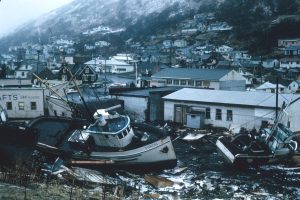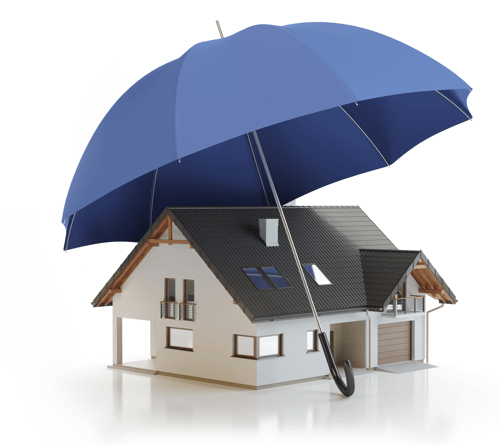Introduction
Meet John Doe, a seasoned insurance advisor with over 20 years of experience in helping homeowners safeguard their properties against natural disasters. His expertise lies in disaster-prone areas, where the wrath of nature is a constant threat.
Understanding the Risk
Living in areas prone to natural disasters such as hurricanes, floods, or wildfires comes with its unique set of challenges. These disasters can strike at any time, causing significant damage to properties and disrupting lives. Therefore, it’s crucial for homeowners to understand the risks associated with their location and take necessary precautions.
The Role of Insurance
This is where insurance comes into play. Insurance serves as a financial safety net, providing homeowners with the means to rebuild and recover in the aftermath of a disaster. There are different types of coverage available, including dwelling coverage, personal property coverage, and additional living expenses coverage. Each type offers protection against different kinds of damage and loss.
Navigating Insurance Policies
Choosing the right insurance policy can be a daunting task, given the myriad of terms and conditions involved. It’s important to read the fine print and understand what is covered and what is not. For instance, some policies might not cover flood damage, which is a crucial consideration for homeowners in flood-prone areas.

Claiming Insurance Post-Disaster
When disaster strikes, the aftermath can be overwhelming. However, it’s crucial to start the insurance claim process as soon as possible to expedite your recovery. Here are some steps to guide you through this process:
- Document the Damage: As soon as it’s safe, begin documenting the damage to your property. Take photographs and videos from multiple angles, capturing all affected areas. This visual evidence will support your claim.
- Contact Your Insurance Company: Notify your insurance company about the damage as soon as possible. Provide them with a general overview of the situation and request the necessary claim forms.
- Fill Out the Claim Forms: Complete the claim forms provided by your insurance company. Be as detailed as possible when describing the damage and losses. If you’re unsure about any part of the form, don’t hesitate to ask your insurance agent for clarification.
- Work with an Adjuster: An insurance adjuster will visit your property to assess the damage. They will review your claim, inspect the damage, and determine the amount of compensation you’re entitled to. Be present during this inspection to answer any questions the adjuster may have.
- Negotiate the Settlement: If you disagree with the adjuster’s assessment, don’t be afraid to negotiate. You may also consider hiring a public adjuster to advocate on your behalf.
Expert Tips from John Doe
John Doe, with his decades of experience in the insurance industry, offers the following advice to homeowners in disaster-prone areas:
- Understand Your Policy: Familiarize yourself with your insurance policy before disaster strikes. Know what is covered and what isn’t. If your policy doesn’t cover certain types of disasters common in your area, consider purchasing additional coverage.
- Maintain an Inventory: Keep an up-to-date inventory of your personal property. This will make the claim process easier in case of a disaster.
- Mitigate Damage: After a disaster, take steps to prevent further damage to your property (if safe to do so). This could include covering broken windows or leaking roofs. Your insurance policy may require this.
- Keep Good Records: Document all communication with your insurance company. This includes the date and time of calls, the name of the person you spoke with, and a summary of the conversation.
- Be Patient: The claim process can be lengthy, especially after a large-scale disaster. Be patient and persistent. Remember, you have the right to a fair claim settlement.



